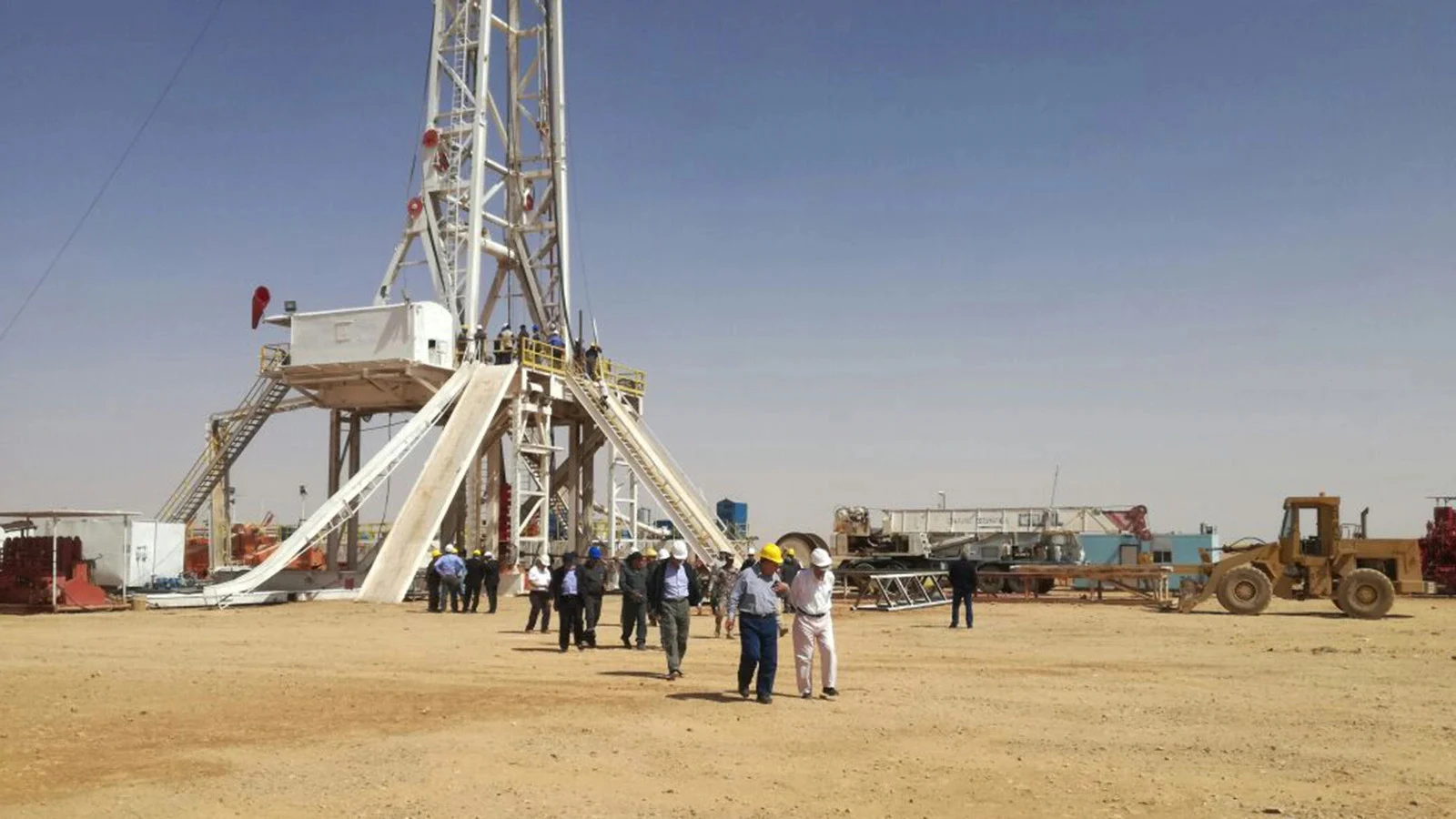Oil & Gas
JORDAN IS CLOSE TO DISCOVERING A HUGE GAS FIELD. IT MAY TURN TO EXPORT.
JUMA SULEIMAN

Jordan is on the verge of a significant energy breakthrough, with new discoveries at the Risha gas field poised to meet the Kingdom's growing energy demands and reduce its dependence on gas imports. Recent studies conducted on the field have revealed substantial reserves, estimated at around 10 trillion cubic feet, a potential game-changer for the country's energy landscape. The findings were confirmed by informed sources in statements to the Washington-based Specialized Energy Platform. The Jordanian Ministry of Energy and Mineral Resources, on November 7, 2024, indicated that commercial quantities of gas are now within reach, potentially easing the Kingdom's reliance on external energy sources and bolstering the national economy.
The Risha field, Jordan’s sole gas-producing site, has been a cornerstone of the country’s energy supply since its discovery in 1985. Despite its potential, the field has faced challenges in meeting the rising demand. However, with estimates of gas reserves now reaching up to 9.4 trillion cubic feet, the prospects for future development are more promising than ever. Bahjat Al-Adwan, the director of natural resources at the Ministry of Energy, stated that the field will require infrastructure upgrades, including the construction of a new pipeline to transport gas to major urban centers like Amman and Zarqa. Connecting Risha to the broader regional energy network, such as the Arab Gas Pipeline, is also under discussion, which could open doors for Jordan to potentially export gas to Egypt, reversing the current import relationship.
The country's energy strategy includes ambitious plans to significantly boost domestic gas production in the coming years. The National Petroleum Company (NPC), which operates the Risha field under a government concession, is working to increase daily production capacity from 50 million cubic feet to 200 million cubic feet by 2030. As part of this plan, the NPC is drilling additional wells and expanding production infrastructure. In 2023, gas production from Risha rose to 6.13 billion cubic feet, a slight increase over the previous year. The government is also focusing on using this domestic production to reduce costs for the industrial sector, a critical move to enhance economic competitiveness by cutting energy expenses.
With these developments, Jordan is set to play a more prominent role in the regional energy market. In parallel with these domestic efforts, Jordan is in talks with Egypt regarding the construction of a 300-kilometer pipeline to link the Risha field to the Arab Gas Pipeline. This could transform the Kingdom's energy dynamics, shifting it from an importer to a potential exporter of natural gas. As energy prices continue to fluctuate globally, securing a reliable and cost-effective domestic supply could not only reduce the import bill but also support sustainable economic growth. These efforts represent a significant step forward in Jordan's broader strategy to enhance energy security, create jobs, and reduce the environmental impact of its energy consumption.
